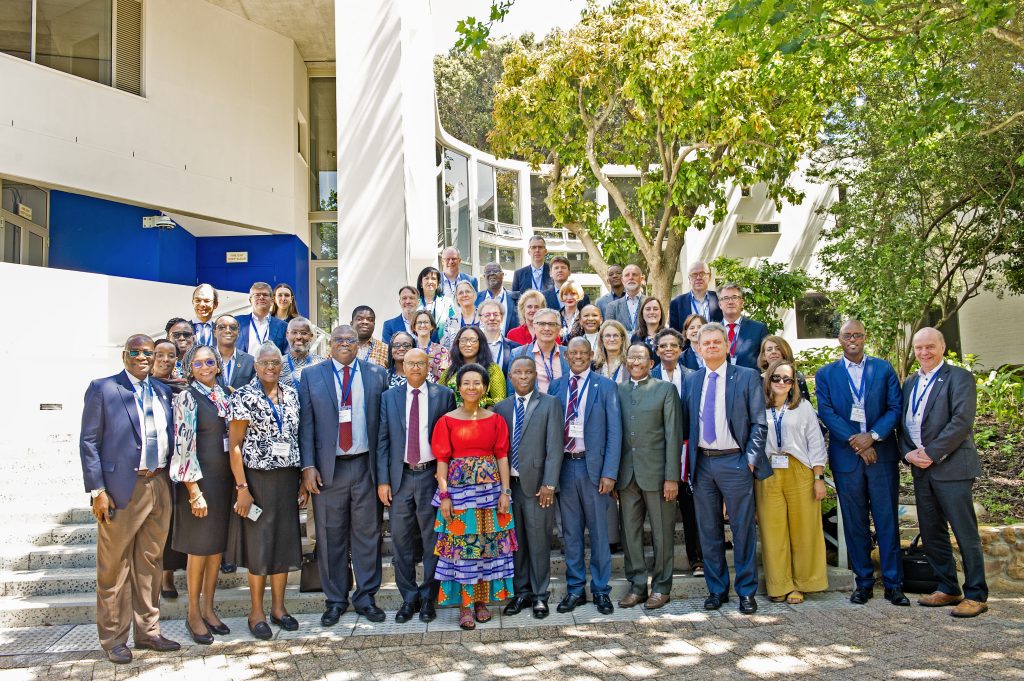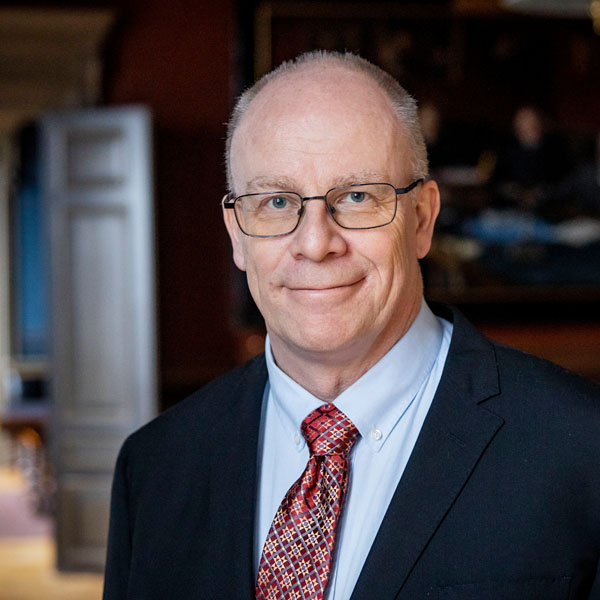Our University undertakes major international initiatives. We collaborate with universities across the globe, and our Mission, Goals and Strategies highlights internationalisation and the need to be open to students and researchers from all over the world. Amidst tough competition, Uppsala University wants to recruit the very best and enrich the University with other nationalities’ experiences and perspectives. This vision was formalised last week through a decision on the Forum for Africa Studies. The decision will entail a new venture and a broadened scope that will transform its activities into a resource for the entire University. Funding will be provided for five years with the intention to:
- coordinate and highlight research on and involving Africa at Uppsala University
- establish and coordinate a graduate school for Africa Studies
- promote Africa Studies programmes and courses at Bachelor’s and Master’s level
- establish and coordinate strategic partnerships, projects and programmes with African universities
The venture is also strongly in line with developments in The Guild, which our University co-founded. This network, which brings together some of Europe’s leading universities, is tasked with highlighting the role of academics in the EU. This involves discussions of conditions, infrastructures, funding and distribution.

The Guild has now launched a collaboration with ARUA – a sister network promoting Africa. At a meeting in Cape Town, we agreed to focus on the creation of focus areas, or Clusters of Excellence. The idea is for universities on both of our continents to participate on equal terms in joint research and educational ventures. The areas in which Uppsala will be investing have not yet been fully established.
The management notes that networks of this type have the greatest impact at the University when they fulfil a concrete need at departmental level. The more closely involved in activities they are, the greater the benefit. Those that are not are easily perceived as ‘top-down’ and largely administrative constructions. We have work to do in terms of promoting this initiative, but there is also a need to have a discussion about the networks into which the University is to invest its resources. These efforts have also begun.

